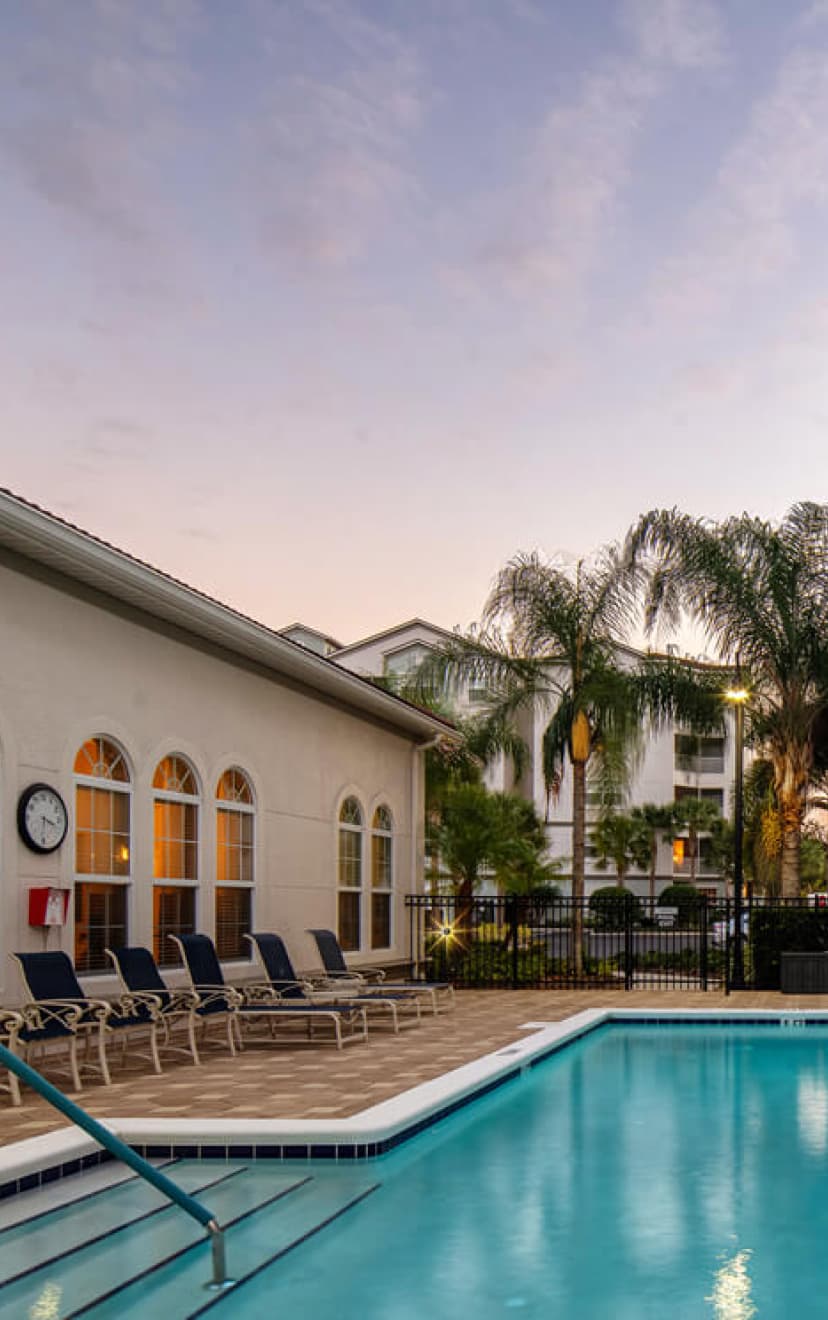According to the Centers for Disease Control and Prevention, maintaining connections with others creates feelings of belonging, being loved, cared for, and valued.
Humans are social beings, and not having these connections and meaningful relationships can lead to a lonely, unsatisfying, and unhealthy life.
Unfortunately, social isolation and loneliness are widespread issues in the U.S., which pose a serious physical threat to physical health, especially for older adults. With around 40% of adults aged 60 and older reporting feelings of loneliness, it’s crucial to understand how loneliness can negatively affect physical health.
Understanding Loneliness
Loneliness is the distressed feeling of being alone or disconnected from others. People who are lonely lack meaningful relationships and feelings of belonging.
It’s important to recognize that being alone is not the same as feeling lonely. Being alone means physically being without the company of others, while loneliness is the emotional distress of not having meaningful friendships or connections.
People can live alone without feeling lonely, just as it’s possible to feel lonely in a room full of other people.
How Loneliness Affects Senior’s Physical Health
As we get older, there are many reasons why we are at a greater risk of experiencing loneliness. Serious or chronic illness, decreased mobility, an inability to drive, and the loss of a spouse, close friends, or family members can contribute to loneliness. Experiencing chronic loneliness in older adults can cause emotional anguish, in addition to making seniors more susceptible to serious health conditions.
In addition to emotional distress, loneliness has been linked to the following health risks:
1. Cardiovascular Disease & Stroke
According to the American Heart Association, loneliness increases the risk for a heart attack and/or death from a heart attack by 29% and a 32% increased risk for stroke. People who are lonely may engage in behaviors that further harm heart health, such as eating fewer fruits and vegetables and being less physically active.
2. Type 2 Diabetes
Chronic loneliness can lead to elevated inflammatory markers in the body. Increased inflammation wears down the body’s ability to fight off infections and can increase the risk of developing chronic conditions such as diabetes.
3. Depression and Anxiety
Many seniors spend a lot of time alone, which can put them at risk of feeling sad, unworthy, and unappreciated. Loneliness can exacerbate existing mental health issues and increase the risk of developing new ones. Prolonged loneliness can lead to feelings of despair, self-doubt, and a lack of support, increasing the risk of depression and anxiety disorders.
4. Cognitive Decline and Dementia
A lack of social interaction can accelerate cognitive decline, increasing the risk of Alzheimer’s and other forms of dementia. Regular mental stimulation is important for improving and maintaining brain health. Even a simple conversation requires attention, quick thinking, following along, and remembering details.
5. A Weakened immune system
Loneliness has been linked to a slower immune system, making it more difficult for the body to identify, fight, and destroy organisms that cause disease.
How Senior Living Communities Help Reduce Loneliness in Seniors
There are things you can do to protect your loved one from the physical effects of loneliness. Helping your loved one establish social connections is crucial, and senior living communities are a great place to start. Many people only consider senior living communities if their loved one needs help with personal care or recovering from an illness or serious injury.
However, senior living communities are designed to give older adults a place to meet and connect with other healthy and socially active seniors. Allegro Senior Living communities provide a warm, comforting, and engaging environment where seniors can live life to the fullest.
In addition to health and wellness programs, Allegro Senior Living communities plan a broad range of activities and events, including:
- Lively social hours
- Engaging lectures
- Shared meals
- Themed events
- Resident-led clubs Informal and formal gatherings
- Volunteer opportunities
- Transportation to shopping and local areas of interest
The access to and commitment to providing residents with a healthy lifestyle is one of the key benefits of living in senior living communities. From group fitness, meditation, and yoga classes to nutritious meals, residents are supported in their health and wellness efforts.
For more information on Allegro communities, explore our events calendar and schedule a tour to see how senior living keeps older adults engaged, boosting both physical and mental health.






Comments